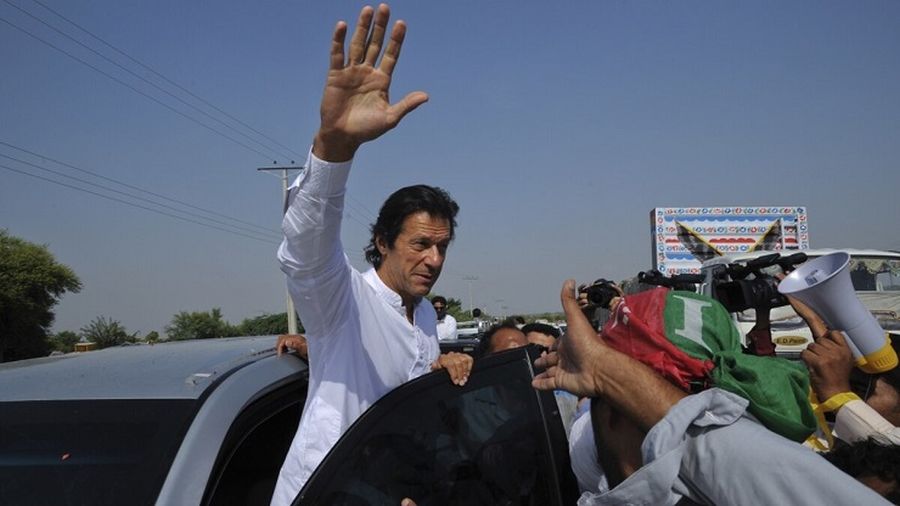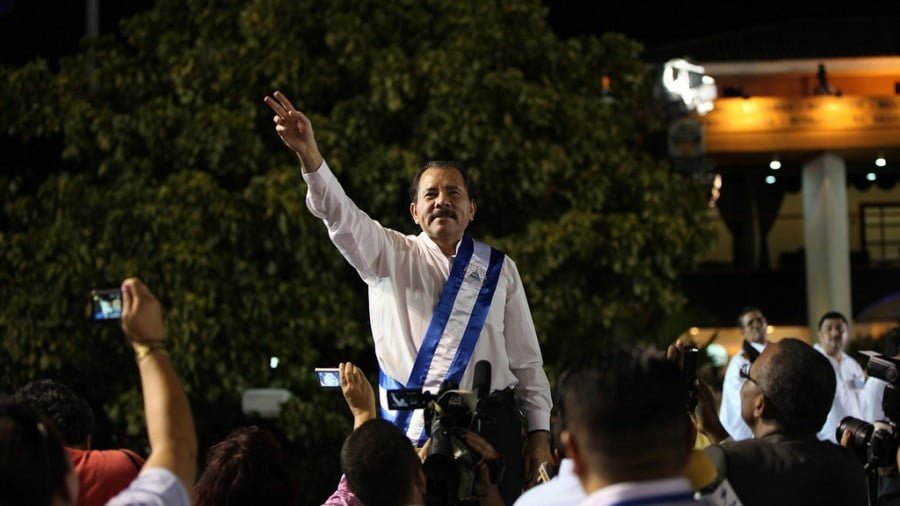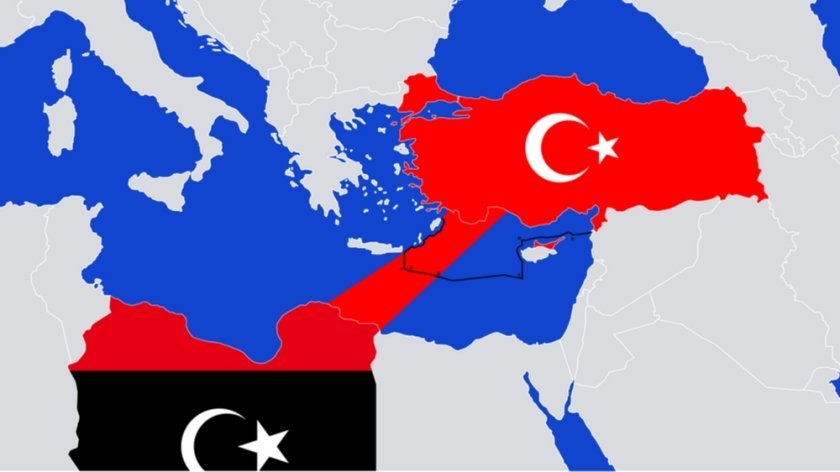The Current State of Pakistan’s Domestic Political Turbulence
The last time NEO covered the topic of domestic political turbulence in Pakistan, which had aggravated by the spring of this year, there was a situation that began to develop in the first days after the country’s parliament passed a vote of no confidence in the government of Imran Khan and then went on to appoint Shehbaz Sharif, the leader of the opposition bloc, as the new Prime Minister.
It is extremely important to note in this case that Imran Khan’s resignation took place following a vote, during which the opponents of the former prime Minister managed to secure only a few additional votes required to dismiss him, which were brought in by MPs previously supporting him. This circumstance requires a special mention as it reflects the precariousness of the Pakistani domestic political situation. Meanwhile, the country has long been facing the need for making urgent (obviously unpopular) decisions both in its domestic (primarily in economics) and foreign policies.
But such measures are extremely difficult to take given the deepening divide in a country almost on the verge of a civil war. The first mass demonstrations (with very heated emotions of the participants) in support of Imran Khan were just another evidence of this. The procedure for his resignation is questionable, because he had proposed holding early parliamentary elections instead of the parliament vote on his cabinet.
Therefore, the first statements by the new Prime Minister were reduced to an announcement of no desire for a “political revenge” against his opponents, and a call to maintain stability in society. It should be noted that until recently, Imran Khan had the opportunity to return to power in a year, when the next parliamentary elections are scheduled to be held. However, judging by the events of a very brutal nature that swept through the largest cities of Pakistan at the end of May, a strategy of an extraordinary and not quite constitutional format was chosen.
It is difficult to say whether Imran Khan himself, who continues to make various kinds of provocative statements, initiated these recent protests. Or he just found himself “riding on the back of a tiger” of the street politics, as so often happens in such cases. Or he may even be the victim of someone’s “malicious intent.” The important thing, however, is that this time, the prospect of detention and a trial on suspicion of “incitement of sedition” is looming over him, and, apparently, if the charge is justified, the “term” that he will serve will not be short. Consequently, he will be deprived of the opportunity to participate in the upcoming elections.
Among the statements of the former Prime Minister mentioned above, one should pay attention to those that indicate the “external” factor as decisive in the procedure of his (“illegal”) resignation. It was immediately picked up by supporters of the hypothesis of (widespread) “American intrigues,” which in this case were aimed at overthrowing the country’s leader, who was “too much” focused on China and Russia.
In this regard, the author will make the following remarks. Firstly, in this case, this is just another variation of the hypothesis about the involvement of the “global power brokers” in world politics. It is shared by the author of this article (it would be strange if there were no secret power brokers). The only thing that cannot be agreed with is the assumption of the omnipotence of these “power brokers.” By and large, these latter are the same, figuratively saying, “splinters” carried by the wave of the historical process, like all its other sinful participants.
Secondly, if in this case “American intrigues” were indeed present in any noticeable way (Imran Khan, however, has not yet presented any evidence confirming that), then their initiators made a big mistake. Since the first thing the new Prime Minister did in the field of foreign policy was to confirm in writing and verbally the course of the aforementioned Imran Khan for the continuation and further development of relations with Beijing and Moscow. For this course is fully in line with the interests of Pakistan.
From here, by the way, the third conclusion follows. All sorts of “intrigues” (“American,” “British,” “Russian,” “Chinese,” …) have always existed, are present now and will occur in the future. But they are only successful when a suitable base has been formed for this inside the object of “intrigues.” This last remark brings us to the topic of the main (again, in the author’s opinion) reason among the significant reasons for the current aggravation of the domestic situation in Pakistan. As well as their historical origins, which still retain relevance.
As all other countries, Pakistan has its own internal political fault lines of different nature and significance. They are created by the separatists of Balochistan, Pashtuns divided by the notorious “Durand line,” the factor of confrontation between different schools of Islam, competing family clans.
And yet the Kashmir problem, which is regularly discussed in the New Eastern Outlook, plays the most important role. For almost 80 years, it has literally been exhausting both of its direct participants,namely India and Pakistan. Taking into account the quite distinguishable (but so far rather indirect) involvement in the Kashmir problem of the other leading world players as well as, to an extent, almost all Muslim countries in terms of the degree of negative influence on the development of processes in the Indo-Pacific region and in the world as a whole, it can be put on a par with the Taiwan problem.
Everything that has accompanied the Kashmir problem for decades once again serves as an illustration of the consequences of the ambitions of politicians who have decided to use the religious factor to pursue their own own goals. It was already at the beginning of the 20th century that this factor began to take shape, as soon as the leaders of the already-formed local elite with different political ambitions, adhering to different faiths, realized that the time was approaching when they would have to take over the government of their territories.
Although at the final stage of the existence of “British India” there was undoubtedly an element of manipulation of interdenominational differences by London in order to keep the situation under control as a whole, but it is still the local “adherents” of these differences who played a decisive role in the subsequent tragedy. Having granted independence to the former “jewel” in the colonial crown in the summer of 1947, London simply “quit the scene in time” to avoid involvement in a catastrophe, which was very definitely looming at that time (thereby relieving itself of the burden of responsibility for it). The said catastrophe inevitably resulted from the process, during which the once unified territory and the people inhabiting it were divided along the sectarian lines.
The current heirs of that former elite have long realized the severity of the consequences of the “deadlock” situation in connection with their common “Kashmir problem” that both India and Pakistan found themselves in. For obvious reasons, this is especially relevant for the latter country. At the beginning of 2018, the Pakistani military, which actually exercises control over everything that is happening in the country, indicated an intention to radically improve their country’s relations with India. It was Imran Khan, who was brought to power six months later, who was to implement these intentions.
Leaving aside the question of whether he was able to solve this problem and whether it can be actually solved with at least some respect for the interests of the parties, it would suffice to note in this case the main thing: these positive intentions have not been implemented in any way so far. Moreover, the core of Imran Khan’s supporters in the current mass protests are those who will definitely not agree to any compromises with India in solving the Kashmir problem.
Although the Pakistani military denies any involvement in the initiation and nature of the resolution of the latest political crisis in the country, the opposite can hardly raise any doubt. It is noteworthy that along with the positive signals sent to China and Russia almost immediately after assuming office, the new Prime Minister Shehbaz Sharif confirmed his intention to look for ways to improve his country’s relations with India. That intention was quite positively received by the addressee.
However, at the end of May, an unpleasant incident occurred with a lady from the Indian political community, who spoke carelessly (and, importantly, publicly) about the founder of the Islamic faith, as well as his wife. And all hell broke loose. In India itself (mainly in the state of Uttar Pradesh bordering Pakistan), mass protests took place, resulting in violent riots and clashes with the police. As a retaliation, the houses of the “instigators” are being bulldozed. On the part of Muslim countries, including Pakistan, various kinds of demarches towards New Delhi followed.
As a result, the new Pakistani leadership will once again have to postpone the solution of the aforementioned Kashmir problem.
A strange trend is emerging in the modern political space: as soon as a very urgent problem materializes that requires at least some serious discussion, a political gaffe, a meme, usually related to a female politician, emerges that completely discredits such good intentions. Previously, this effect manifested itself in connection with the problems of the role of human activity in modern ecological and climatic changes.
Afraid of being accused of “sexism,” the author would like to clarify that the above situation is not at all gender-based. For example, it applies to the current Kiev leadership.
However, the topic of the place of “sexism” in modern politics deserves another special comment. And again, using the example of (the author almost wrote “poor old”) Japan







